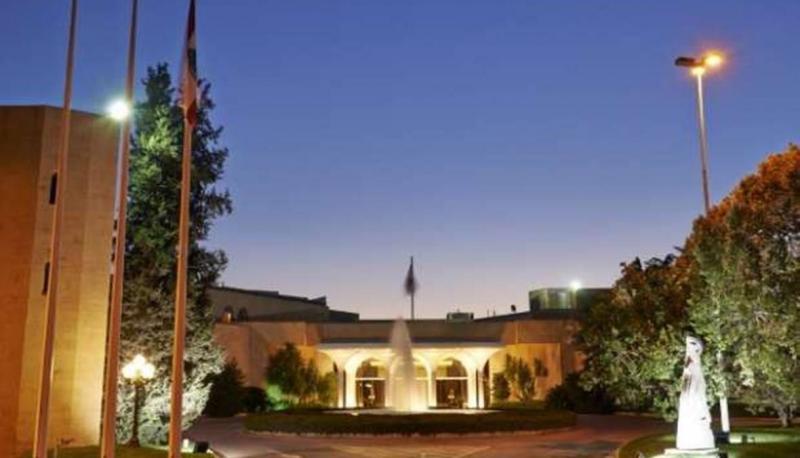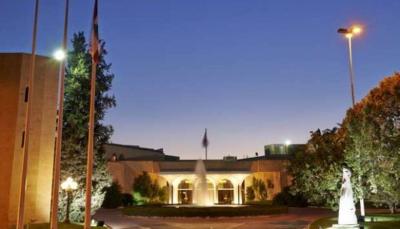Most concerned parties agree that there will be no president in the foreseeable future. The parliament is unable to reach a consensus on a candidate, and the countries involved have not yet placed Lebanon on their agenda of interests. Even "Hezbollah" is in a waiting mode until the situation becomes clearer, and its sources consider that serious discussions will start only after the holiday period. Only then will the fate of the election be determined through a blank vote, and the level of seriousness in the alliance's agreement on a presidential candidate will increase.
Lebanon, hungry for any code word or signal from abroad, hosted the American official David Hale with hospitality, knowing that the former American official came to Lebanon to ask his Lebanese financing friends to support the research center he has taken over. Behind the scenes, Hale did not add anything new to his stance, advising the Lebanese that they need to choose their president themselves.
Official ministerial sources confirm that the presidential file is still not on the agenda of the concerned decision-making countries, and there are no candidates being backed by these countries, and the external movement has not yet effectively started. Political sources that visited Doha shortly after the army chief General Joseph Aoun's visit reported that Qatar, contrary to what has been circulated, does not have a presidential candidate and has only inquired about potential candidates without adopting any of them. The sources said that officials are only raising questions and inquiries about nominated figures without endorsing any of them.
Between Sleiman Frangieh and Joseph Aoun, no third candidate is apparent at the moment. However, behind the scenes, there are many names, particularly those coming from Bekaa, with the latest being the name of Dr. Issam Suleiman circulating. According to sources, Frangieh's chances are better than Aoun's, considering the difficulties surrounding Aoun’s nomination, while proposing a constitutional amendment to elect Army Chief Joseph Aoun will not be easy. Parliamentary sources convey that House Speaker Nabih Berri refuses for his parliamentary bloc to vote on the proposal to amend the constitution for the election of the army chief, and contrary to what media machines might imagine, Aoun's candidature is not straightforward and that the countries involved in the presidential file, whether Arab or Western, have not yet expressed their views. They only affirm that the election of the president should proceed, meaning that they do not have a specific candidate, and whoever the candidate is, the president will not be antagonistic towards the decision-making countries.
However, others say that the disagreement between Bassil and Frangieh may exempt “Hezbollah” from either candidate, which could benefit the army chief’s nomination within a certain settlement being worked on regionally and internationally.
In the meantime, reliable sources report that a senior official has stated that Saudi Arabia and the United States have informed the French that they are not interested in the Lebanese presidency. The sources further indicate that Saudi Arabia has told the concerned parties that it is more interested in determining the name of the Prime Minister before the President, while the Americans have informed the French that they would leave the matter to France. This reinforces the notion that both America and Saudi Arabia have not yet intervened in the naming game, not explicitly supporting Frangieh or the army chief; they have not yet rejected their nominations either. But the key point is that their non-intervention indicates that there will be no president in the foreseeable future.




